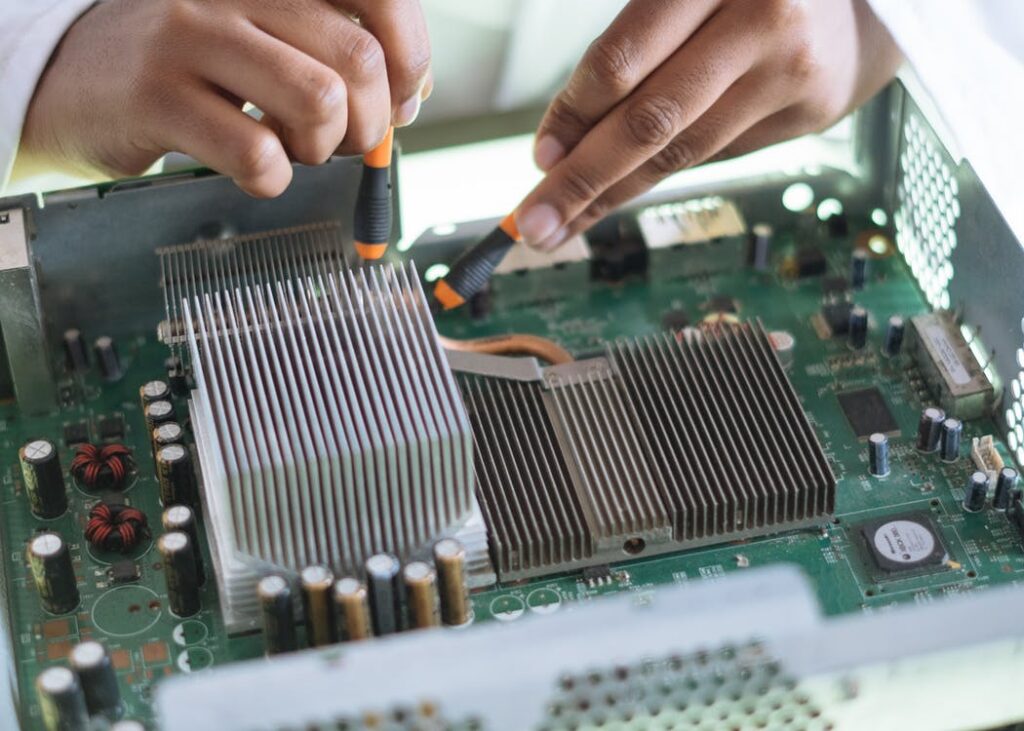Choosing the perfect electronic parts supplier for your business can be an overwhelming task, as there are so many factors you need to consider. However, by taking the time to research and evaluate potential suppliers, you can ensure that you are getting high-quality parts at a fair price from highly respected electronic parts suppliers.
The first step is to determine your specific needs. What types of electronic parts do you require? Price ranges? Are you looking for components for a specific project or for ongoing needs? Are there any specific certifications or standards that your parts need to meet? Once you have a clear understanding of your requirements, you can begin to narrow down your list of potential suppliers.
One important factor to consider when choosing a supplier is the quality of their products. You will want to look for a supplier that has a good reputation for providing high-quality parts that meet industry standards. You can check online reviews and ratings, or ask for references from other businesses in your industry. Additionally, you should look for suppliers that have certifications from organizations such as ISO or UL, as these certifications indicate that the supplier has undergone rigorous testing and meets certain quality standards. ISO (International Organization for Standardization) and UL (Underwriters Laboratories) are both organizations that provide certification for products and companies.

Source: techwalls.com
ISO is a global organization that develops and publishes international standards for a wide range of industries, including manufacturing, technology, and business management. ISO certification is a way for companies to demonstrate that they meet a certain level of quality and safety standards, and it can be used to gain access to international markets.
UL is a global safety consulting and certification company. UL provides safety-related certification, testing, auditing, validation, advising, inspection and training services to a wide range of clients, including retailers, manufacturers, regulators, policymakers, consumers and service companies. UL certifications are often required by governments and municipalities, and are widely recognized by the insurance industry, building and fire code officials, and other authorities having jurisdiction. Both ISO and UL certifications are voluntary, meaning that a company can choose to pursue them if they wish to demonstrate their commitment to quality and safety. However, some industries and countries may require certain products or companies to be certified by ISO or UL in order to be sold or operated there.
Another important factor to consider is the supplier’s lead time and delivery schedule. You’ll want to ensure that the supplier can deliver parts in a timely manner, as delays can cause disruptions to your production schedule. Additionally, it is important to consider the supplier’s location in relation to your own. If the supplier is located far away, it could increase the delivery time and cost.

Source: pallavaggarwal.in
Price is also an important factor to consider when choosing a supplier. You’ll want to find a supplier that can offer you competitive prices without sacrificing quality. However, it is important to remember that the cheapest option may not always be the best option. In some cases, it may be worth paying a higher price for a supplier that can offer better service, faster delivery times, or higher-quality parts.
Another factor to consider is the supplier’s customer service. You’ll want to work with a supplier that is responsive, helpful, and easy to communicate with. This is important because it will make the process of ordering and receiving parts much smoother. Furthermore, it is always a good idea to find a supplier that offers a warranty on their products, as it will give you peace of mind knowing that you are protected in case something goes wrong.
Finally, consider the supplier’s minimum order quantity (MOQ) and payment terms. Minimum Order Quantity (MOQ) is the minimum amount of goods or products that a manufacturer or supplier is willing to sell in a single order. It is typically used to ensure that the cost of production and distribution is covered for smaller orders. MOQs can vary depending on the product and supplier, and may be negotiable. MOQs are typically higher for custom or specialized products, and lower for more common or mass-produced items. MOQs may also be used to help manage inventory levels and production schedules. It is important to find a supplier whose MOQ is in line with your needs. Also, consider the payment terms. Some suppliers may require a deposit or a letter of credit, while others may offer net terms. It is important to find a supplier that offers payment terms that are suitable for your business.

Source: timebusinessnews.com
In conclusion, choosing the right electronic parts supplier for your business requires careful research and consideration. By taking the time to evaluate potential suppliers based on factors such as quality, lead time, price, customer service, minimum order quantity, and payment terms, you can ensure that you are getting the best possible parts at a fair price. Remember to also consider the supplier’s location, certifications, and standards compliance. By following these guidelines, you can find a supplier that can help your business thrive.



